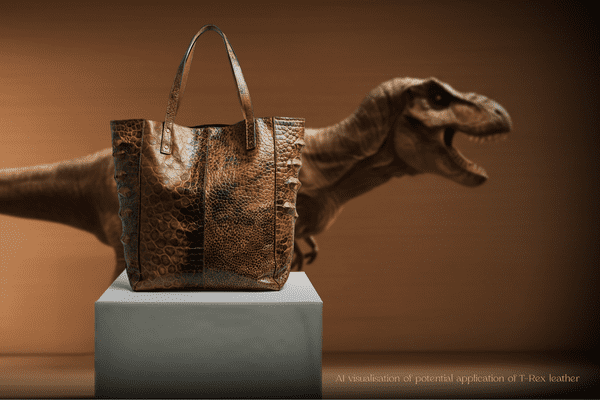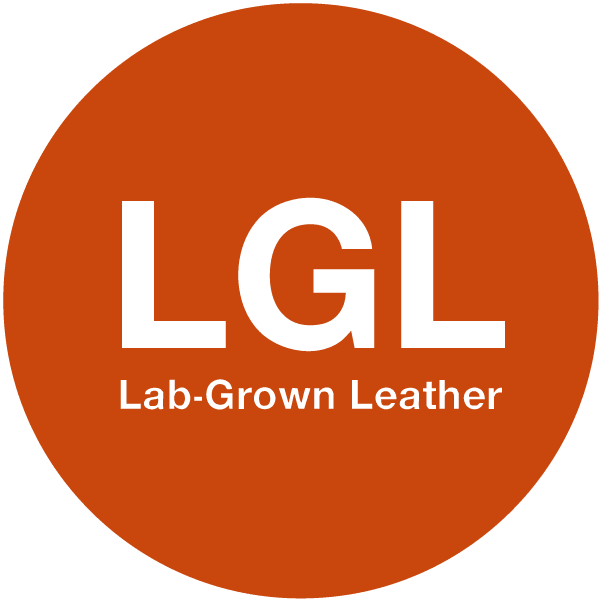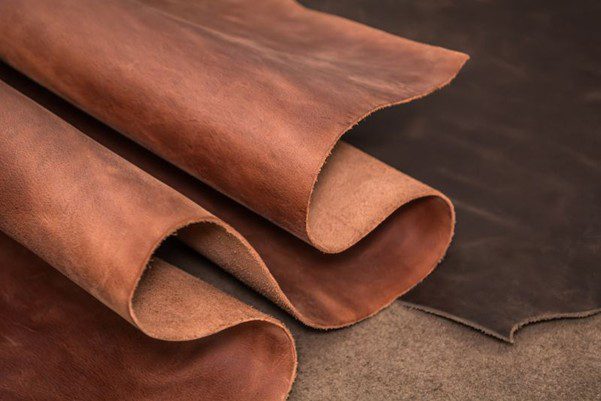The global push for sustainability is transforming industries, and lab-grown leather is emerging as a revolutionary alternative to traditional animal hides in fashion. With rising concerns about the environmental and ethical impacts of conventional leather, lab-grown alternatives are poised to reshape the industry.
Traditional leather production ties closely to animal agriculture, which contributes to deforestation, biodiversity loss, and high emissions. The tanning process adds harmful chemicals to the mix, making a compelling case for alternatives. Lab-grown leather addresses these issues by cultivating animal skin cells in labs, eliminating harm while replicating the look, feel, and performance of traditional leather.
At 𝗟𝗮𝗯-𝗚𝗿𝗼𝘄𝗻 𝗟𝗲𝗮𝘁𝗵𝗲𝗿 𝗟𝘁𝗱, a subsidiary of 𝗕𝗦𝗙 𝗘𝗻𝘁𝗲𝗿𝗽𝗿𝗶𝘀𝗲 𝗣𝗟𝗖, we’ve developed a scaffold-free process for growing 100% animal tissue without harming animals. Our leather is unique, avoiding synthetic materials like plastic scaffolds that can contribute to microplastic pollution. Instead, we use our patented 𝗖𝗶𝘁𝘆-𝗠𝗶𝘅™, a chemically defined media supplement that accelerates tissue formation and reduces production costs.
This approach aligns with our scalable, white-label model, allowing manufacturers to integrate and expand lab-grown leather and cultivated meat technologies into their production pipelines.
Other companies in the sector are gaining traction with varying methods. For example, Faircraft’s polymer scaffold-based technology has attracted investors, producing customised leather goods in collaboration with fashion houses. Meanwhile, Modern Meadow leverages its Bio-Alloy™ platform for lightweight, sustainable sportswear. However, these approaches rely on synthetic scaffolds, unlike our environmentally focused method.
Scaling lab-grown leather production is critical but achievable through collaboration with fashion houses. These partnerships accelerate innovation and signal a broader industry shift toward sustainable materials.
As the fashion sector faces increasing pressure to adopt greener practices, lab-grown leather offers a solution that aligns with ethical and environmental values. Younger generations, particularly, demand sustainability and are willing to pay a premium for it. By merging tradition with innovation, lab-grown leather is set to revolutionise fashion, providing a sustainable, ethical, and high-quality alternative for brands and consumers alike.
Lab-grown leather is on track to capture a significant share of this billion-pound market, becoming a cornerstone of sustainable fashion.

From Fossil to Fashion: Lab-Grown Leather Reaches a Milestone with T. rex Leather.
Lab-Grown Leather Ltd has reached a major technical milestone in its work to create the world’s first T. rex-inspired leather, demonstrating how advanced tissue engineering can translate cutting-edge biology into a tangible, manufacturable material for the luxury...


